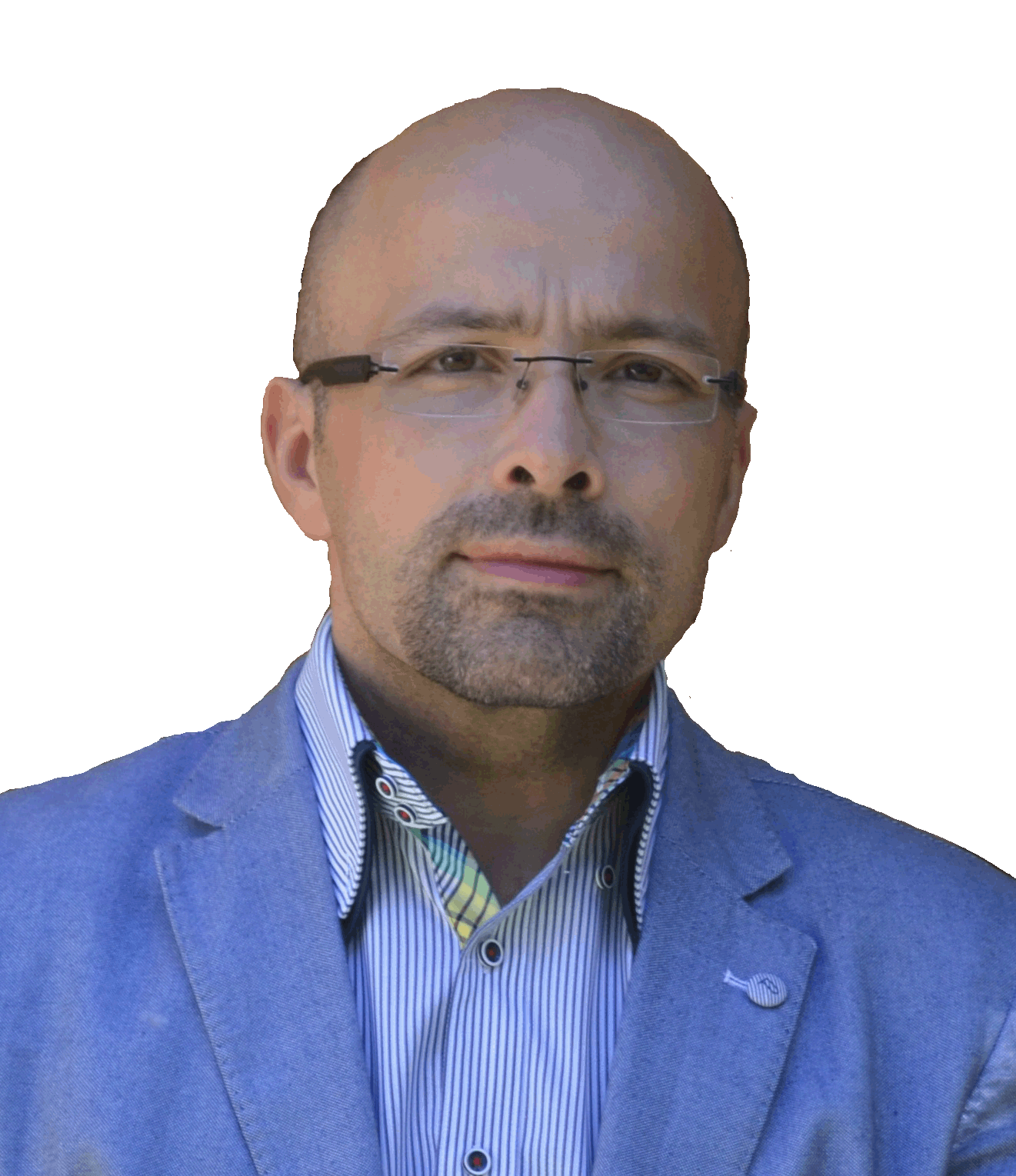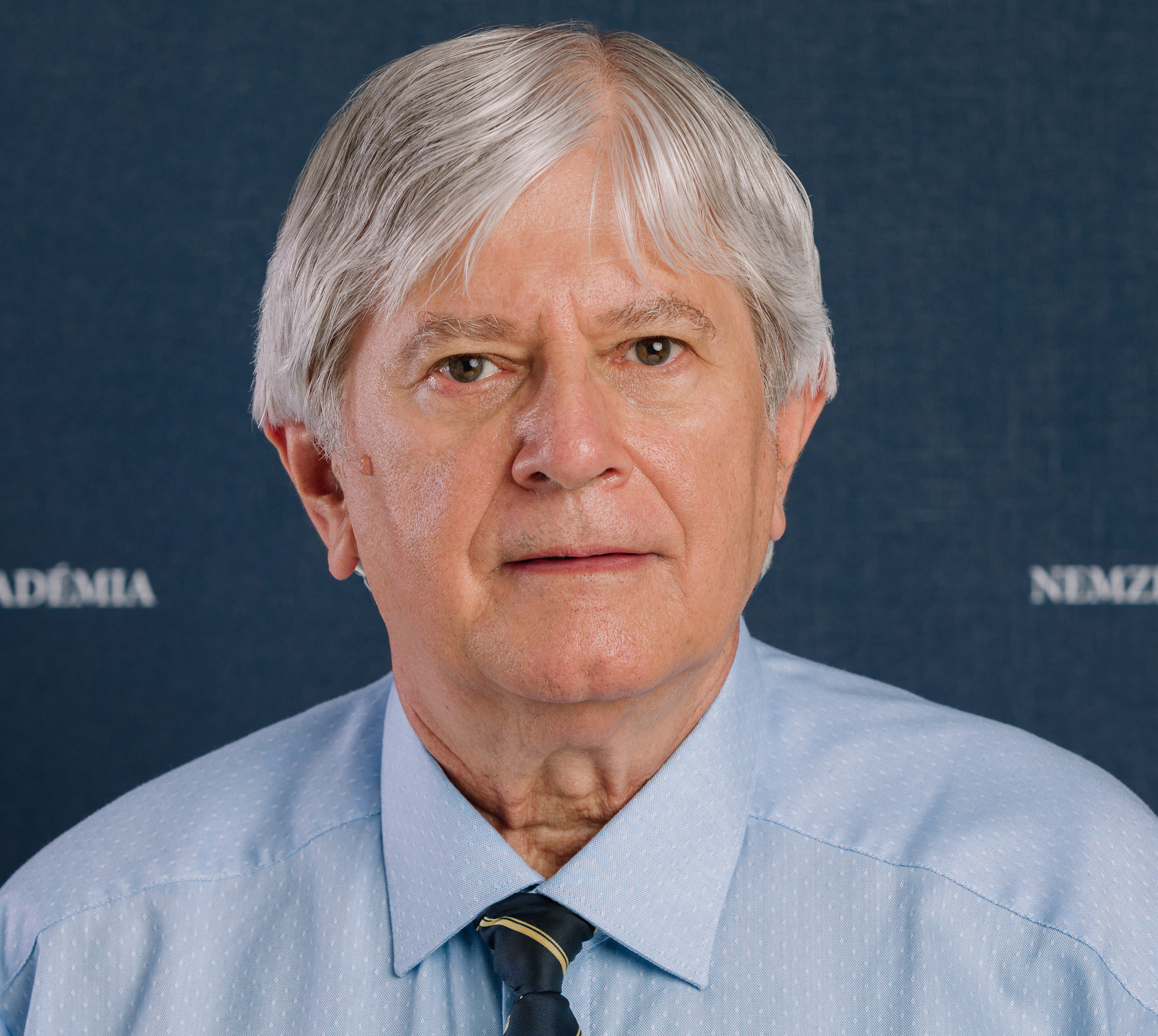Systems education: A new form of education by Péter Hegyi and András Varró was published in Nature Medicine#
The renowned scientific journal Nature Medicine
 has published an article by Péter Hegyi, MAE and András Varró, MAE on the challenges of the education of the next generation of scientists and doctors. The paper also presented the National Academy of Scientist Education Program, launched in Hungary 12 years ago, to help guiding talented young students toward life sciences. This new educational method, called ‘systems education’, can train the next generation of scientists and clinicians.
has published an article by Péter Hegyi, MAE and András Varró, MAE on the challenges of the education of the next generation of scientists and doctors. The paper also presented the National Academy of Scientist Education Program, launched in Hungary 12 years ago, to help guiding talented young students toward life sciences. This new educational method, called ‘systems education’, can train the next generation of scientists and clinicians.
Péter Hegyi, Chair of the Clinical and Veterinary Science section and Director of the Academia Europaea Budapest Knowledge Hub
 , and András Varró, member of the Clinical and Veterinary Science section since 2019, are the founders of the National Academy of Scientist Education Program (NASE
, and András Varró, member of the Clinical and Veterinary Science section since 2019, are the founders of the National Academy of Scientist Education Program (NASE ), which was launched in Hungary 12 years ago. Their joint paper, published in Nature Medicine, highlights the worldwide problem that despite the tremendous progress in science and technology, there are fewer and fewer young people who want to pursue a career in science. The number of students interested in life sciences and choosing such courses is declining at both secondary and university levels. The causes of this phenomenon are complex. There is a lack of early engagement, and there is also a lack of coordination between the different levels of the education system. Another problem is the lack of research experience for students in education. Secondary education mostly neglects practical experience, university courses are often highly theoretical, and even the quality of PhD courses varies widely. Life sciences education does not allow students to learn how science can be applied in real life and to gain insights into real world challenges.
), which was launched in Hungary 12 years ago. Their joint paper, published in Nature Medicine, highlights the worldwide problem that despite the tremendous progress in science and technology, there are fewer and fewer young people who want to pursue a career in science. The number of students interested in life sciences and choosing such courses is declining at both secondary and university levels. The causes of this phenomenon are complex. There is a lack of early engagement, and there is also a lack of coordination between the different levels of the education system. Another problem is the lack of research experience for students in education. Secondary education mostly neglects practical experience, university courses are often highly theoretical, and even the quality of PhD courses varies widely. Life sciences education does not allow students to learn how science can be applied in real life and to gain insights into real world challenges.
In their article
 published in Nature Medicine, Péter Hegyi and András Varró demonstrated how the National Academy of Scientist Education Program, in close collaboration with Academia Europaea, provides a possible solution to this problem, ensuring a systematic, multigenerational education. In the paper, the authors pointed out that NASE training is a holistic educational model, called ‘systems education’, supporting knowledge transfer from secondary school to university graduation and the Ph.D. level. Its Educational Director is Bert Sakmann (Nobel Prize in Physiology or Medicine, 1991), whose contributions have greatly advanced the program's development and success. Twice a year, a conference is organized in Szeged as part of the NASE program, where students can meet Nobel laureates. The next meeting will be held from 6th – 9th December. For the first time, international students will also be able to register.
published in Nature Medicine, Péter Hegyi and András Varró demonstrated how the National Academy of Scientist Education Program, in close collaboration with Academia Europaea, provides a possible solution to this problem, ensuring a systematic, multigenerational education. In the paper, the authors pointed out that NASE training is a holistic educational model, called ‘systems education’, supporting knowledge transfer from secondary school to university graduation and the Ph.D. level. Its Educational Director is Bert Sakmann (Nobel Prize in Physiology or Medicine, 1991), whose contributions have greatly advanced the program's development and success. Twice a year, a conference is organized in Szeged as part of the NASE program, where students can meet Nobel laureates. The next meeting will be held from 6th – 9th December. For the first time, international students will also be able to register.
Over the past 12 years, 3,000 students from 200 secondary schools in Hungary have participated in the program, 97 percent of whom have applied to a life science university after graduation, and the majority (87 percent) have chosen a health field. The most talented students also joined the NASE as undergraduates. The National Academy of Scientist Education Program is still too young to predict how many independent researchers will emerge from it in the future, but it is already clear that the multigenerational education model provides a promising framework for encouraging talented young students to take an interest in the life sciences.
Download the article
 .
.



